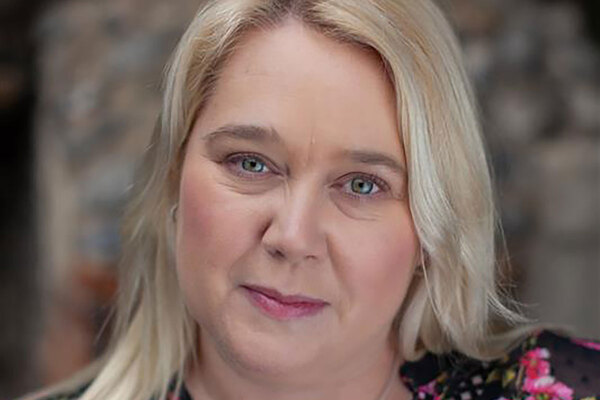Universal Credit technicality threatens hundreds of thousands with underpayment
Hundreds of thousands of social housing tenants on Universal Credit are set to have their housing costs underpaid in the next financial year due to a quirk in the calendar which means 53 weekly rent payments will fall due.
The National Housing Federation (NHF) is currently at loggerheads with the Department for Work and Pensions (DWP) over the issue.
Many social landlords collect rent every Monday – and in 2019/20 there will be 53 Mondays.
However, the Universal Credit system will continue to account for 52 rent weeks over the year only, meaning that thousands of social tenants across the UK who pay their rent weekly will be one week short and face rent arrears.
The 53-week phenomenon last occurred in 2013/14. Then, fewer than 20,000 people were claiming Universal Credit but now there are more than 1.5 million.
As of August, around 290,000 social rented households were using Universal Credit to pay their rent, many on a weekly basis.
Housing association Bolton at Home estimates that its 4,000 tenants paying will be left a total of £300,000 short, while Rochdale Boroughwide Housing says 3,000 residents will have a gap of £220,000.
The National Housing Federation (NHF) is lobbying DWP to tweak Universal Credit regulations to acknowledge 53-week rent years – eliminating the shortfall.
But in a letter seen by Inside Housing sent last month by Neil Couling, director general for Universal Credit at DWP, refused.
He said: “The department has no plans to amend these regulations as reassessing housing costs to reflect the number of rent payments in any particular year would be complicated and lead to confusion.”
It is understood that ministers have suggested social landlords should alter tenancies so that tenants pay their rent monthly, in line with Universal Credit awards.
But the NHF said this would be “hugely disruptive and costly” and would involve issuing new tenancies to thousands of residents.
“The way in which the government calculates payments for Universal Credit may seem like an insignificant policy detail, but we’re concerned that it will leave people out of pocket through no fault of their own,” said Kate Henderson, chief executive of the NHF.
“Tenants will need to find other sources of income, perhaps even cutting back on other expenses. If they can’t find the money, they are likely to fall into arrears.
“All the government needs to do to solve this problem is tweak the regulations that govern how Universal Credit is run. It’s a fairly minor change but would make a huge difference to people who depend on these vital funds.”
Margaret Greenwood, Labour’s shadow secretary of state for work and pensions, said: “Universal Credit simply isn’t working: it is forcing families into poverty, debt and rent arrears.
“Despite its claims to be simplifying social security, the government has designed a rigid system that doesn’t take account of people’s lives, whether it’s how they pay their rent or how they are paid at work.
“The government needs to stop the roll out of Universal Credit as a matter of urgency and deliver a social security system that supports people rather than pushing them into poverty.”
A spokesperson for DWP said: “A key principle of Universal Credit is that it simplifies the benefit system and the department has no plans to amend the regulations for assessing housing costs.
“Some social housing providers have moved to charging new tenants on a monthly basis to overcome any challenges on the rare occasion a 53-week charging year may occur.”
The DWP claims that the issue will cost social tenants just 35p a week on average – though it is not clear how this figure was calculated.











